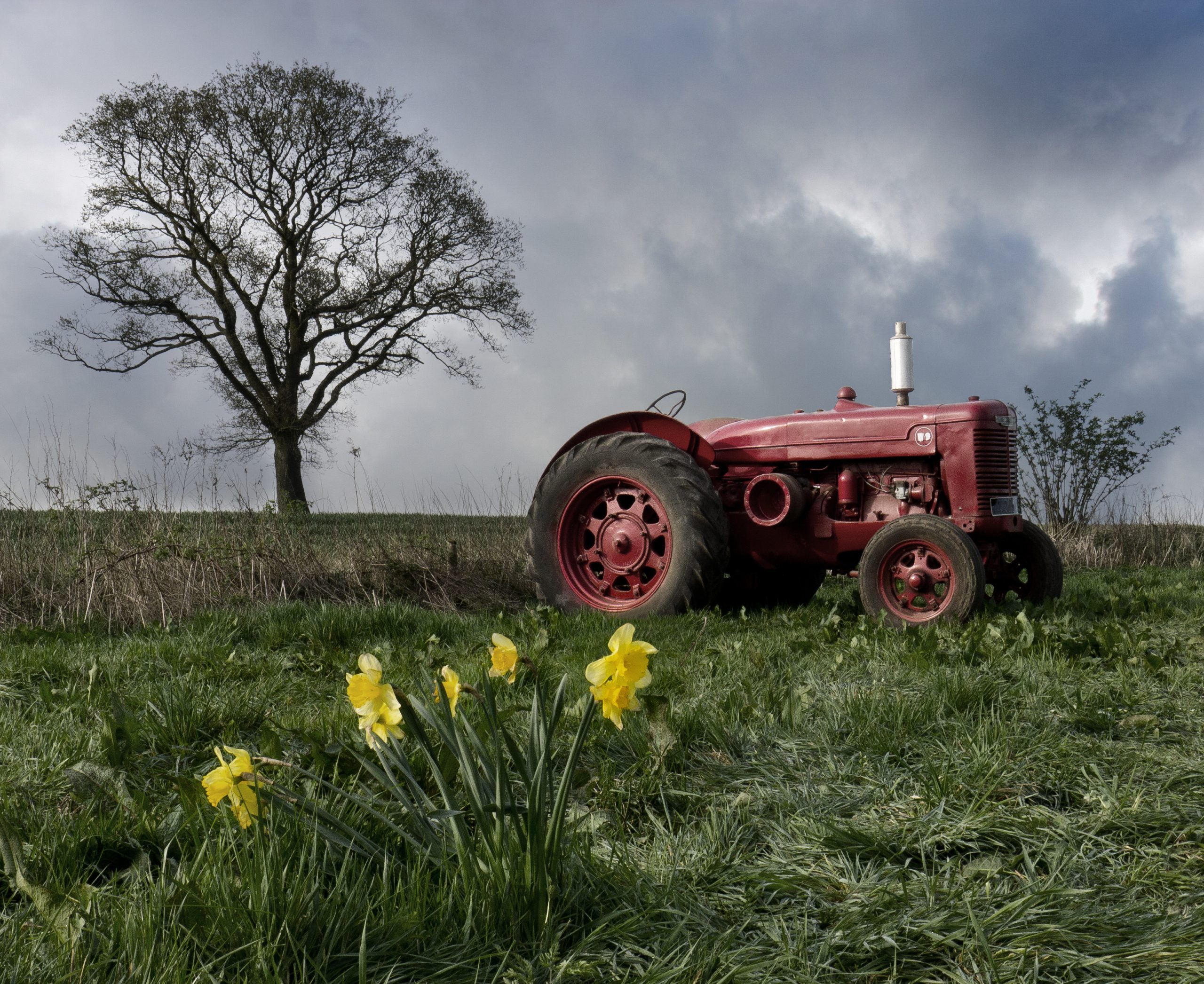Jonathan Self: These are a few of my favourite things (audio version)
Forget bright copper kettles and warm woollen mittens — Jonathan Self loves the sound of a burning log shifting in the stove and a tractor misfiring on its way up the lane.


‘I don’t know why we are here,’ admitted Wittgenstein, ‘but I’m pretty sure it is not in order to enjoy ourselves.’ Our twins, if their social-media posts since their arrival at university last September are anything to go by, think otherwise. Indeed, to keep abreast of their, ahem, studies into ethnochoreology (dance, to save you looking it up) and mixology (making cocktails), I have finally joined Instagram with an interesting literary side effect: I have discovered Instapoetry.
If you are unfamiliar with the genre, it is best explained by an example from Britain’s uncrowned Instapoet Laureate, Donna Ashworth: ‘Imagine if the sun refused to shine/because the moon was shinier/if streams ceased to flow/because rivers were flowier.’ Quite. Ms Ashworth, who describes herself as a lover of words, presumably to distinguish herself from writers who hate words, has produced a Sunday Times bestseller, Wild Hope.
However, she is still in the halfpenny place compared with Canadian Instapoet Rupi Kaur (‘She was music/but he had his ears cut off’), whose books accounted for one-twelfth of all UK poetry sales a couple of years ago, or R. M. Drake (‘Sometimes having a conversation in a parked car/for hours/can heal you in ways you never thought possible’), who has more than three million online followers.
There is a great deal of entertainment to be had from Instapoetry — its trite, self-help truisms packaged in randomly broken-up lines designed to look like ‘real’ poetry are so bad they are good — but, as The Economist pointed out, it is not full of nice words: ‘Poetry has always allowed for prettiness: who knows, or frankly cares, what “In Xanadu did Kubla Khan” means when it sounds so good?’
"The isle is full of noises. Sounds, and sweet airs, that give delight, and hurt not"
If I consider my favourite poems, I must admit that I am often less interested in what they are about than how they sound. When I hear ‘Sundays too my father got up early and put his clothes on in the blueblack cold’ or ‘There will come soft rains and the smell of the ground’, it is the rhythm, the interplay of words, that captivates me.
Despite this fact, I must admit to being an indifferent listener. All morning I have been conscious of various background noises — rain on the roof of the conservatory, lambs in the home field, a galloping horse, wood pigeons, the cistern, someone putting a kettle on the range, a kettle boiling, a song thrush, a burning log shifting in the stove, Sean’s tractor (which misfires) going up the lane — but I have given them far less attention than I have to, say, the view from my study window towards the sea or the taste of Rose’s scones, hand-churned butter and homemade jam, which I had for my elevenses.
How I wish I was as appreciative as Caliban in The Tempest: ‘The isle is full of noises./Sounds, and sweet airs, that give delight, and hurt not.’ In fact, I fear that this isle is less full of noises. Our soundscape, like soundscapes everywhere, is changing, largely due to habitat destruction. We used to be plagued every spring by the loud trill of male frogs, who can sing for up to four hours when looking for a mate. I can’t remember when I last heard the haunting tremolo of a curlew, now threatened with extinction. The bells of our church ring less often, too, as the population of our little parish gradually diminishes. Happily, there is one local sound not under threat during the spring break: our twins laughing as they defy Wittgenstein.
Sign up for the Country Life Newsletter
Exquisite houses, the beauty of Nature, and how to get the most from your life, straight to your inbox.
After trying various jobs (farmer, hospital orderly, shop assistant, door-to-door salesman, art director, childminder and others beside) Jonathan Self became a writer. His work has appeared in a wide selection of publications including Country Life, Vanity Fair, You Magazine, The Guardian, The Daily Mail and The Daily Telegraph.
-
 'To exist in this world relies on the hands of others': Roger Powell and modern British bookbinding
'To exist in this world relies on the hands of others': Roger Powell and modern British bookbindingAn exhibition on the legendary bookbinder Roger Powell reveals not only his great skill, but serves to reconnect us with the joy, power and importance of real craftsmanship.
By Hussein Kesvani
-
 Spam: The tinned meaty treat that brought a taste of the ‘hot-dog life of Hollywood’ to war-weary Britain
Spam: The tinned meaty treat that brought a taste of the ‘hot-dog life of Hollywood’ to war-weary BritainCourtesy of our ‘special relationship’ with the US, Spam was a culinary phenomenon, says Mary Greene. So much so that in 1944, London’s Simpson’s, renowned for its roast beef, was offering creamed Spam casserole instead.
By Country Life